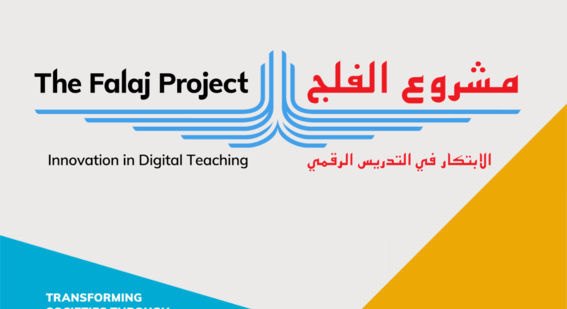News and Events
Innovation Africa 2025: Improving education, teacher training and digital skills in Africa

In this year's Innovation Africa summit that took place between 28 – 30 April, leaders from over 30 African nations and partners came together. The summit is one of the continent’s biggest education events. Each year, it provides platform to share ideas and spark collaboration to improve education systems.
For 2025, Ethiopia hosted the event in Addis Ababa. Following the African Union Year of Education, the theme was “Educate and skill Africa for the 21st century”. Leaders from across the continent shared their ideas through presentations and panels. Two Cambridge colleagues led sessions on teacher training and partnerships.
Teacher training and curriculum reform
On the first day of the summit, Alex Njiiri, Head of Education Reform for Sub-Saharan Africa at Cambridge, led a panel discussion. The focus was on the vital role of teachers in reform. The theme was “Ensuring the professional development of quality teachers to deliver curriculum reform in Africa”. With UNESCO predicting that the continent will need 17 million more teachers by 2030, the discussion was an urgent one for many gathered.
Speakers included:
His Excellency Ayeleche Eshete, State Minister for General Education, Ethiopia.
Honorable Conrad Sackey, Ministry of Basic & Senior Secondary Education, Sierra Leone.
Honorable Dr Torerayi Moyo, Minister of Primary & Secondary Education, Zimbabwe.
Honorable Dr Clement Apaak, Deputy Minister of Education, Ghana.
Professor Deng Deng Hoc Yai, Former Minister of Education, South Sudan.

The panel explored how teacher training, improved working conditions, and policy changes can help drive better learning.
The speakers showed that developing teachers’ skills is essential for education reform. They shared that this is even more true when it comes to preparing learners for the demands of the 21st century. They also talked about how other challenges influence teachers, such as limited access to the internet in rural areas.
Working together to improve education in Africa
Kagendo, Director of Marketing and Communications for Cambridge’s Partnership for Education, presented on day two. Her theme was “The power of partnership for policy and changemakers”.
“Changing education in Africa means learning from our past. It means keeping up with a changing world. It means building partnerships that turn shared goals into real progress.”

Kagendo talked about the evolving journey of education across Africa. She highlighted some of the key challenges on leaders’ minds - from access to quality. She posed questions about how we can ensure we’re preparing children for a rapidly changing world.
The central theme of Kagendo’s presentation was how partnerships can help reach our collective goals. She emphasised the need for diverse and creative partnerships throughout the education system. She called for these at all levels - from classrooms to government offices.
Kagendo shared how Cambridge’s approach supports leaders and their teams. For example, when working with Ethiopia on curriculum development, Cambridge ran collaborative workshops at various levels of the education system.
She also shared how, in Rwanda, Cambridge worked with government bodies and non-profits to create hybrid professional development for primary teachers. This helped them use more play as part of their competency-based curriculum. The final training turned research into something teachers could use live in real classrooms. This is what partnerships can do, said Kagendo, bridge the gap between research, policy and practice.
Bringing leaders together around education technology (EdTech)
HP and Cambridge’s EdTech Fellowship brings together education leaders. It helps make sure digital tools lead to real learning. The programme supports Fellows to reflect on their national priorities, share expertise and build skills to lead change through technology.
At the summit, EdTech Fellow Dr Catherine Appiah-Pinkrah, Executive Director of the Ghana Complementary Education Agency, joined Kagendo on stage. Dr Appiah-Pinkrah talked about partnership as a national leader. She shared how it has impacted her work.

Preparing Africa’s learners for a changing world
Innovation Africa 2025 showed that improving education in Africa means finding solutions that work in unique countries and communities. We must share and learn from one another, but we must also deeply understand the local context. Discussions highlighted how teacher training, digital skills and partnership can help build effective education systems.
The event also showed how investing in education can boost economies, foster new ideas, and create a more stable future for African communities. Speakers emphasised that through strong leadership, partnership and policies suited to local needs, nations can better equip young people with the skills they need for the future.
We’re looking forward to continuing the compelling discussions we had at Innovation Africa 2025.
Get in touch with Alex Njiiri, Head of Education Reform, to arrange a further conversation or hear more about the summit: [email protected]




